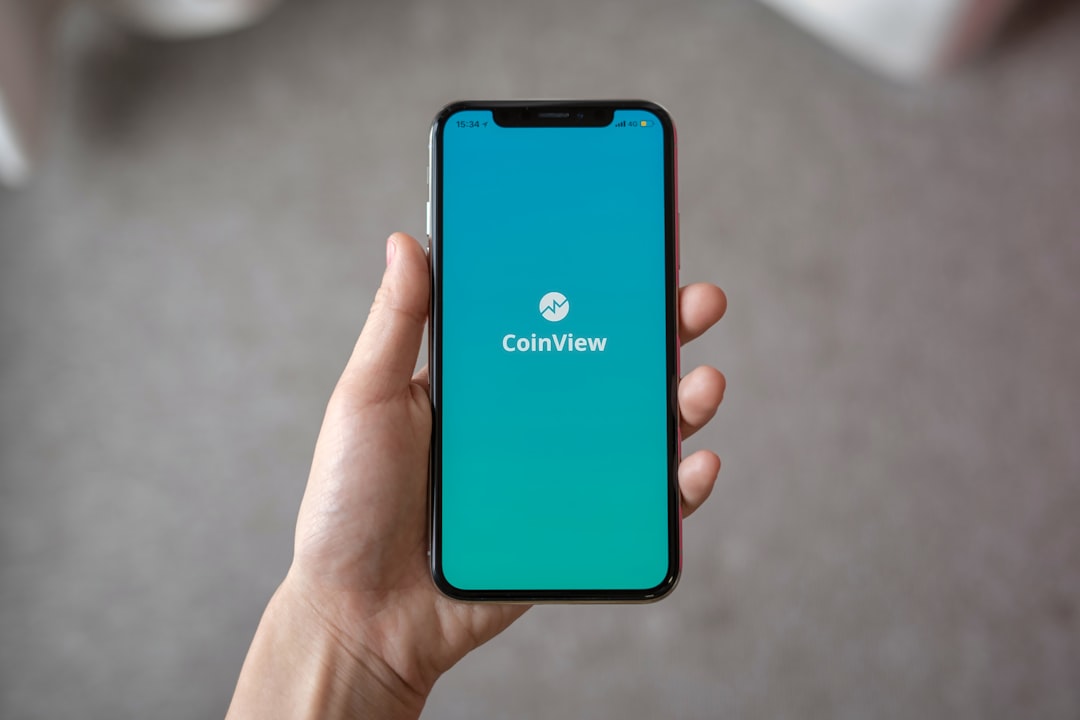Spam calls in Virginia, especially Chesterfield, involve scammers using fake numbers and automated systems. Protect yourself by blocking calls, updating device software, and leveraging anti-spam apps. Report spam callers to your service provider. Enhance online security through cautious information sharing, blocking unknown numbers, keeping software updated, registering with the National Do Not Call Registry, and adjusting social media privacy settings to reduce unwanted spam calls in Virginia.
Tired of unwanted calls disrupting your day in Chesterfield, Virginia? Learn how to identify and avoid spam calls with our comprehensive guide. We break down common patterns used by scammers targeting Virginians, and provide practical tools to block these nuisance calls. Discover the power of reporting spam for a safer online experience. Follow our best practices to protect yourself from unwanted intrusions and reclaim your peace of mind in Virginia.
Recognize Common Spam Call Patterns in Virginia

Spam calls are a widespread issue, and recognizing common patterns can be your first line of defense in Virginia. Scammers often target areas with high population densities, so if you’re receiving numerous calls from unknown numbers in Chesterfield, it’s not an isolated incident. Look out for repeated calls from the same or similar numbers, as this is a telltale sign of spamming.
In addition, be wary of calls claiming to be from local businesses or government agencies, asking for personal information. Legitimate organizations rarely initiate such calls. Keep an eye on your caller ID; scammers might display fake numbers or use automated systems that mimic local areas codes to make their calls seem more credible. Knowing these patterns can empower you to take proactive measures and implement strategies to stop spam calls in Virginia effectively.
Protect Your Phone: Tools to Block Spam Calls

To protect your phone from spam calls in Chesterfield, Virginia, consider utilizing built-in tools and applications designed to block unwanted callers. Most modern smartphones have native call blocking features that allow you to create blacklists and set up filters to automatically dismiss or redirect suspected spam calls. These settings can be tailored to recognize patterns and specific numbers associated with spamming activities.
Additionally, downloading reputable anti-spam apps from the App Store or Google Play can significantly enhance your protection. These applications often employ advanced algorithms to identify and block spam before they reach your phone. Regularly updating your device’s operating system and security software is also crucial, as updates frequently include patches for known vulnerabilities that spammers exploit. By combining these measures, you can create a robust defense against spam calls in Virginia.
Report Spam Calls: Steps and Benefits

Reporting spam calls is an essential step in curbing unwanted telephone harassment. In Virginia, including Chesterfield, several methods exist to do this effectively. Start by identifying the caller using tools provided by your phone company or third-party apps that can display unknown numbers and categorize them as spam. Once confirmed, report the call to your service provider. Many carriers have dedicated channels for handling such incidents, where you can file a complaint.
This simple action triggers several benefits. It helps refine the network’s ability to detect and block similar calls in the future. Moreover, it contributes to a collective effort to reduce spam calls statewide. By participating in these reporting mechanisms, Chesterfield residents can take control of their communication channels and ensure a quieter, safer digital environment.
Stay Safe Online: Best Practices for Virginia Residents

To stay safe from spam calls in Chesterfield, Virginia residents should adopt best practices for online security. Start by being cautious with your personal information; never share sensitive details like social security numbers or bank account passwords over the phone or through suspicious emails and texts. Be wary of unknown callers, especially those promising prizes or using threatening language.
Keep your software and antivirus programs up to date to protect against malicious links and spamming tactics. Use call blocking features on your smartphone, and consider registering with the National Do Not Call Registry. Regularly review privacy settings on social media platforms and adjust them to limit sharing of personal data, reducing your visibility to potential spammers.






